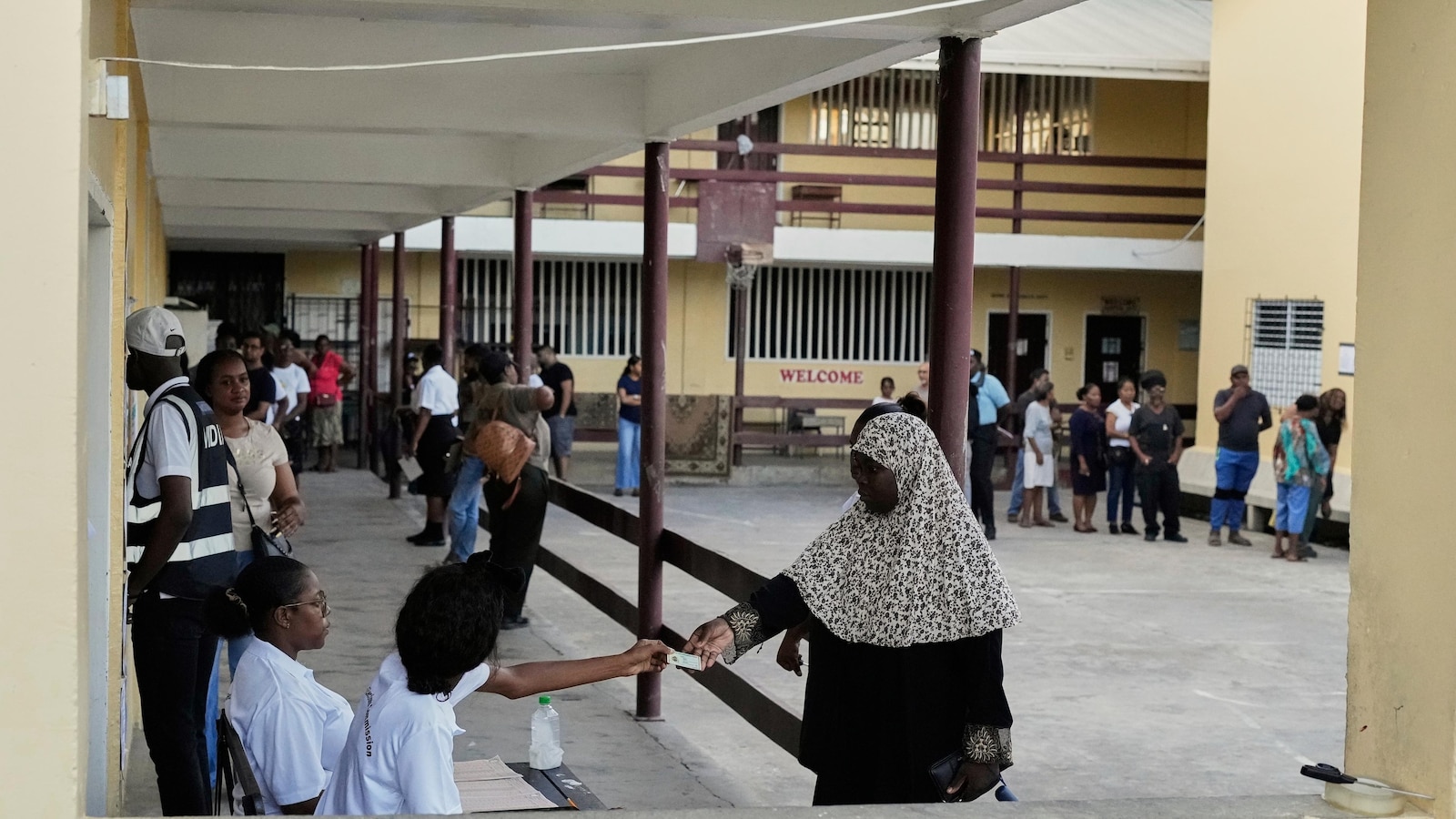Guyana Holds High-Stakes Election as Parties Vie for Control of Oil Wealth
Voters queued at dawn in a contest that will determine stewardship of an emerging $10 billion annual offshore oil revenue stream
Dozens of voters in Guyana stood in line by dawn on Monday as the South American nation held a general election widely described as the most consequential in decades. The outcome will determine which party oversees roughly $10 billion in annual revenue from rapidly expanding offshore oil and gas production.
Guyana has been transformed in recent years from an economy built on gold, sugar, rice, bauxite and timber into a major oil producer, with nearly 900,000 barrels of oil produced daily. The World Bank has noted that Guyana has recorded the world’s fastest-growing economy, with gross domestic product rising by an average of about 15% annually over the past six years. ExxonMobil, leading an international consortium operating offshore, has submitted applications for four additional oil fields that could increase future revenue.

Guyana’s electoral commission printed ballots for six parties, but most observers and voters view the contest as a three-way race. The governing People’s Progressive Party, led by President Irfaan Ali and traditionally supported by Indo-Guyanese voters, faces the main opposition coalition, A Partnership for National Unity, which draws strong support from Afro-Guyanese communities. An upstart mixed-race party, We Invest In Nationhood, also entered the campaign and sought to broaden the political field.
Campaign debate centered on how to manage and distribute the new oil revenue, upgrade public services and protect traditional industries while overseeing a rapid economic transformation. The stakes include decisions about national budgets, spending priorities and oversight of contracts and environmental standards tied to offshore development.
Election officials coordinated the printing and distribution of ballots to hundreds of polling sites across the diverse, sparsely populated nation. Voter turnout and the geographic distribution of support among ethnic and regional communities are expected to shape the final result. The election follows years of intense international attention on Guyana’s offshore discoveries and the surge in foreign investment and production.
Authorities said vote counting would proceed after polls close, with official results to be released in accordance with the electoral commission’s timetable. International energy companies and global financial institutions have signaled close interest in the outcome, given its potential impact on contract continuity, regulatory policy and the management of a rapidly growing national revenue stream.
Observers and analysts say how the next government chooses to allocate oil-derived income will affect long-term development outcomes, including diversification of the economy and measures to ensure transparency and accountability. For many voters lining up on Monday, the election was framed not only as a choice of leaders but as a decision about who will steward a dramatic and recent change in the country’s economic fortunes.